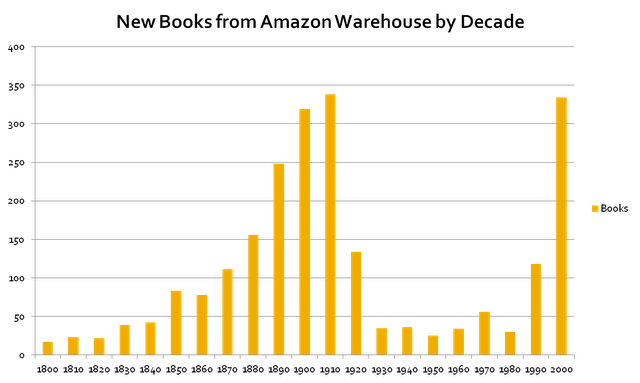Michael Geist the contrast between what the Canadian government says about access to information and what they actually do:
The Liberal government has emphasized the importance of open data and open government policies for years, yet the government has at times disappointed in ways both big (Canada’s access-to-information laws are desperately in need of updating and the current bill does not come close to solving its shortcomings) and small (restrictive licensing and failure to comply with access to information disclosures).
For example, late last year, I noted that government departments had oddly adopted a closed-by-default approach to posting official photographs on Flickr. Unlike many other governments that use open licenses or a public domain approach, Canadians looking for openly licensed photographs for inclusion in learning materials, blog posts, or other content must rely on foreign governments. The restrictive licensing approach remains in place: those seeking photos on Flickr from the G7 will find Prime Minister Justin Trudeau’s are “all rights reserved” but other governments attending the summit – including the United States, United Kingdom, Norway, and South Africa – all facilitate re-use of their photos through open licensing.
A restrictive approach to disclosing information about completed access-to-information requests has also emerged in recent months. Open disclosure of the completed requests benefits both the public and the government. For the public, completed requests are there for the asking as they can be obtained on an informal basis at no cost. For the government, completed requests can sometimes provide the information requested by the public, thereby reducing costs and saving time for government officials. For many years, the government maintained a database known as CAIRS, which featured lists of completed access to information requests. After that was cancelled, the government created an open government page that includes the last two years of requests (the information is searchable or downloadable). According to the site:
Government of Canada institutions subject to the Access to Information Act (ATIA) are required to post summaries of processed ATI requests. You can search these summaries, which are available within 30 calendar days after the end of the month. Searches can be made by keywords, topic or field of interest. If you find a summary of interest, you can also request a copy of the previously released ATIA records.
But you can’t access them until they’ve been published, and several government departments are as much as a year behind in making these records available.




